Technicians tell it how it is: everything you’ll ever need to know to enjoy a good working relationship with them
As a rule of thumb, for every practical you ask for, I need the same lesson time to prepare it and afterwards the same period to tidy away.
That’s because my preparation routine includes risk assessment, followed by calculations to make the correct concentrations; creating labels/hazard warnings for bottles; and weighing out and making up solutions. For a maximum class size of 30, working in pairs, I have to prepare 15 bottles of each solution. If it’s a practical with more than one reagent, well, you can do the math, as our transatlantic cousins say.
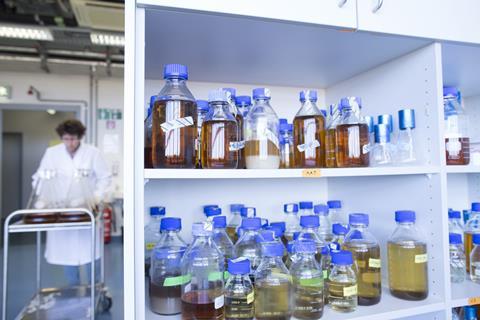
Well, this is the routine when I have all the information. If you ask for A and B, without specifying the quantities or concentration, why you need them or what reaction you are doing, I have to spend time getting the details. This could mean asking you, except you are teaching, in meetings or on duty. So I go online or trawl through the schemes of work. This is time wasted and not factored into my period’s worth of preparation time.
Obviously there are different systems in different schools. When my practicals go out to class, I put out five trays on a trolley. Each tray contains three experimental sets, ie equipment for three pairs of students.
I spend a lot of time on these trays when they come back. My after lesson tidy-up routine involves separating chemical bottles from dirty glassware, unused clean glassware from dirty; cleaning the outside of contaminated chemical bottles; and identifying contaminated reagents, eg white powders of CaCO3 coming back as a mixture with green CuCO3; and disposing of waste chemicals appropriately. And that’s before we get onto the actual washing, scrubbing and soaking of the glassware.
When short on time, I simply put all the glassware in the dishwasher. It’s quicker than working out what’s what. Disposal and cleaning are the most time-consuming tasks. My favourite teachers teach their students to clean up after a practical; disposing and collecting waste, rinsing glassware. In other words, they also train them in good laboratory practices. It’s also about respect; I’m not here to do the cleaning.
In summary, here’s how teachers can help and, simultaneously, develop good lab habits in their students.
Lesson requests:
- Tell us what reactions you are doing.
- Include size of glassware, amounts and concentration of chemicals.
- Give us at least three days’ notice.
During practical lessons, teach your students:
- Not to cross-contaminate the chemicals or glassware.
- To stand a bottle up if it falls over.
- To separate clean and dirty glassware.
- To separate chemical bottle and pots from dirty glassware.
- To separate and dispose of waste.
- To rinse out dirty glassware.
I couldn’t live without …
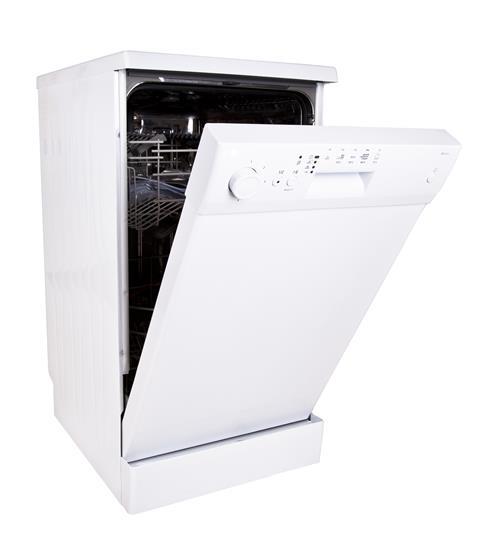
What’s the most important bit of kit in a technician’s arsenal? What could they really not live without?
- The dishwasher. I know this sounds basic but some schools won’t allow or fund new dishwashers. When it’s really busy and I have some dirty glassware which is needed the next or even same day, I can bung it all in, and it’s washed and dried all ready for next use. After open evening it’s a life saver – we finish late, I load the dishwasher and overnight it can be cleaning while I am sleeping.
- PPE of course!
- The teacher’s timetable. So I can either track them down or pre-empt any practical requests.





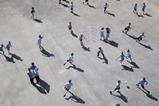
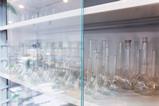
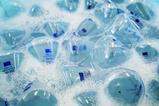



1 Reader's comment